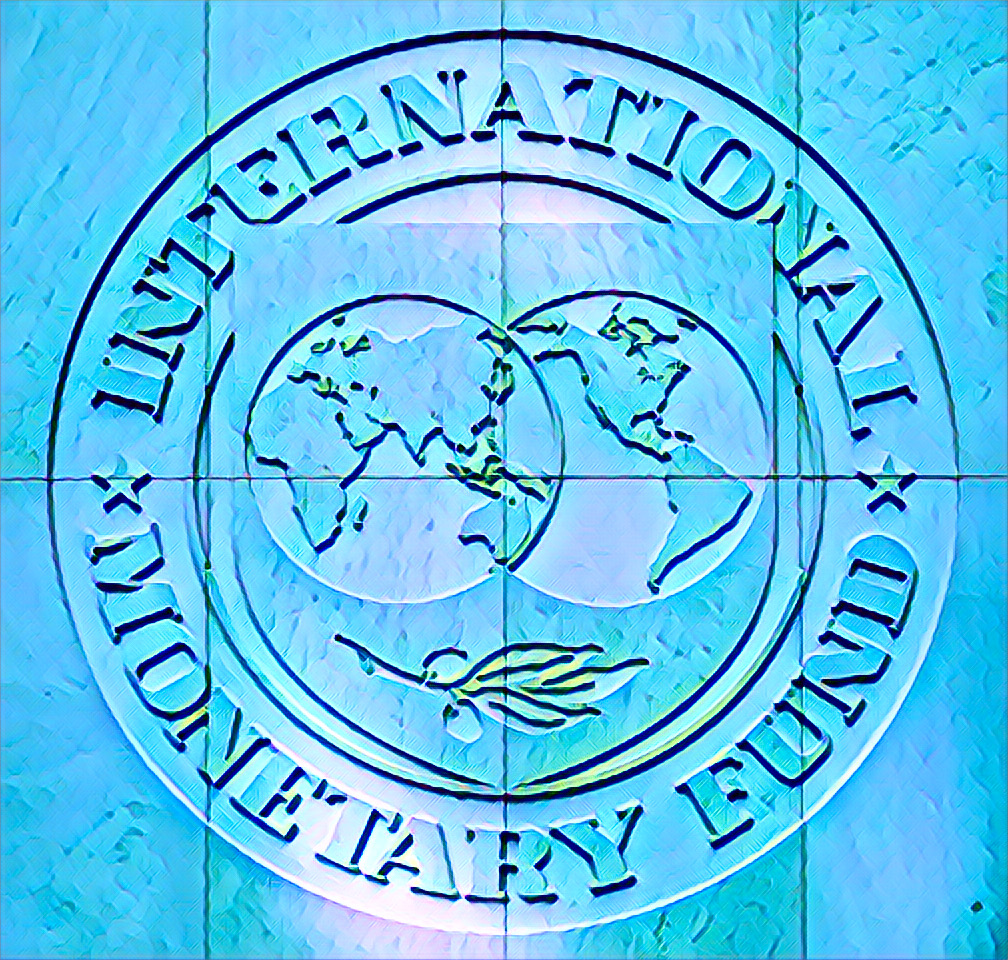KEY POINTS
- Nigeria’s growth rate lags behind regional average while implementation gaps stymie the realisation of pledges on reforms.
- Economic stability and development are disturbed by high inflation and debt servicing.
- Agricultural stakeholders urge holistic and people centered reform strategies.
Nigeria’s broad based economic reforms, started 18 months ago have not yielded any positive results, the International Monetary Fund (IMF) has reported.
In its latest sub-Saharan Africa outlook report, the IMF highlighted that Nigeria’s growth rate of 3.19 percent this year lags behind the regional average of 3.6 percent.
Key challenges inflation, debt burden
However, one of the continent’s highest inflation rates featured with it: Nigeria’s inflation reached 33.8 percent in October 2024, far off the government’s target of 21 percent.
They also mentioned exchange rate instability and debt service burdens reaching unsustainable heights. Nigeria is one of the countries where interest payment makes up more than 20 percent of revenue, which is scary for fiscal stability, the IMF said.
IMF Deputy Director Catherine Patillo in a presentation at the Lagos Business School said ‘resource-intensive countries, oil exporters like Nigeria, continue to grapple with growth and policy adjustments under the duress of political and social pressures.’
Agriculture reforms: aspirational, yet under implemented
The introduction of reforms has been criticized by stakeholders in the agricultural sector as there has been an increase in input costs as well as insecurity and logistical bottlenecks.
All Farmers Association of Nigeria (AFAN) National President, Arc Ibrahim Kabir said reforms were desirable but lamented that mechanisms for implementing them have been delayed and insufficient.
Speaking further, Team Lead at Jet FarmNG Jerry Olanrewaju noted that the majority of agricultural policies currently are both aspirational and largely without any measurable actions that can tangibly address issues of food insecurity.
Recommendations of the IMF for the success of reform
Nigeria was asked by the IMF to mobilize public support for reforms by engaging in strategic communication, better reform design and trust building.
It stressed the proliferation of reforms needed to combat poverty, inequality and infrastructure deficits to ensure lasting growth.
With all the current challenges, however, stakeholders such as Hon Nkechi Okafor who doubles as FCT Chairman, AFAN, noted some degree of progress like giving farmers direct access to farming inputs and also promoting dry season farming. But experts say such reforms must transcend planning into actual impact at grass root levels.


